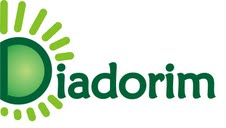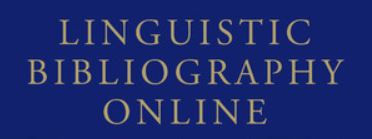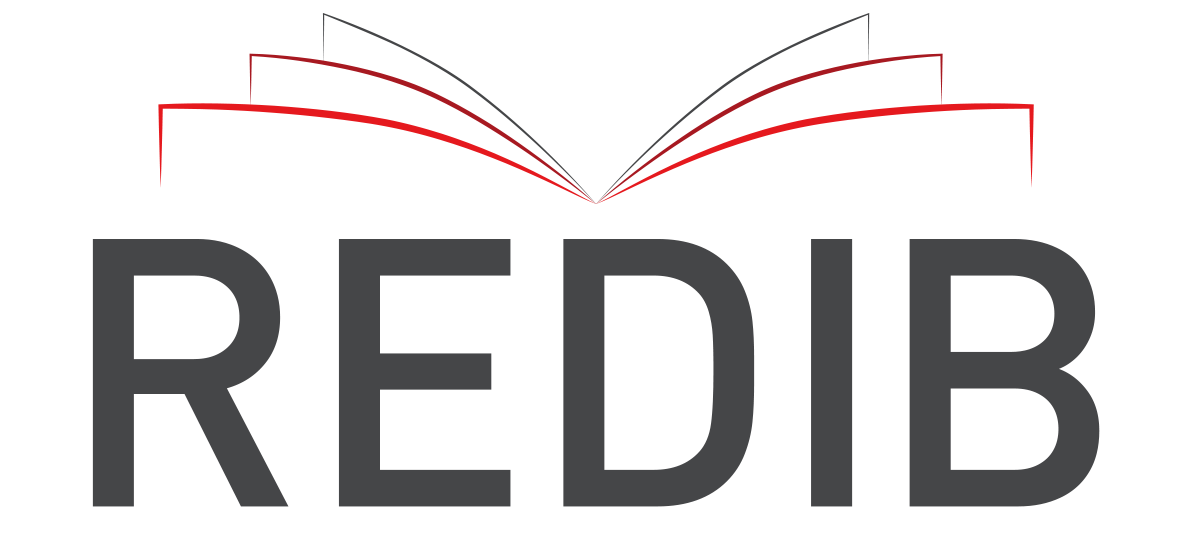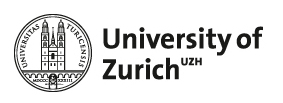Portuguese as a glocal language: socio-historic and linguistic aspects of its conformity
DOI:
https://doi.org/10.11606/issn.2176-9419.v19i2p257-270Keywords:
Socio-history of Brazilian Portuguese. Linguistic unity. Linguistic diversity. Language contacts. Glocal language.Abstract
If it is assumed that there is not an original linguistic genesis, but continuous, and consequently historical constitution processes, all mixed by the social, economic, and political contingencies which, by any chance, may interact with one another, it is plausible to say that the Portuguese language could not have remained untouched by the plural effects which socio-history is used to imprinting on all natural tongues. At the start of its history, departing from the effective implementation of the overseas exploratory enterprise, in the XV century, and mainly, during the XVI century, a new feature began to be delineated through which it would be possible in the history of the present to recognize the old language registered by Camões in 1572: a language of a transcultural, transnational, and so to speak, glocal face, such as the one “which has perpetual youth in its face”, with the licence to paraphrase the poet. Spoken in different spaces, in different continents of the terrestrial globe, Portuguese, in the various facets in which its “linguistic face” and its “youth” acquired, paradoxically, identifying itself, has been turned into a multicultural and multispatial vehicle of expression, being spoken in the diverse colonization scenarios where it operated, becoming today a vehicle at both local and global levels, that is, intra, trans and internationally, embracing pluralities and mediating distinctive levels of cultural and identitarian representations, no matter which new formats it has acquired. Taking into consideration such premises, this paper aims at presenting a reflection about the linguistic and socio-historical aspects which have contributed for Portuguese to be able to recognize itself, in the current times, as what has been conventionally called a glocal language in the sense of glocalization coined by Robertson (1995), whose conceptual bases have been referred to above. It is also intended especially to discuss the historical trajectory of the constitution of the Brazilian Portuguese variety, the linguistic and cultural contacts, the processes of change verified, relating them to those occurred in other national spaces in which Portuguese has remained one and still does so, no matter its diversity, referring, whenever possible, to the very complex discussion of ideas of unity, diversity, and unity in diversity. The work will above all draw on theoretical bases of Historical Linguistics, Sociolinguistics, and pluridimensional Dialectology, aiming at establishing a dialogue with other interdisciplinary works founded on theoretical perspectives that operate over the processes of post, de-colonisation and globalization. With such a strategy, it is expected to contribute to the reversion of voices in the linguistic and cultural history of modern OntologyDownloads
References
Buarque de Holanda S. Raízes do Brasil. 26a ed. São Paulo: Companhia das Letras; 1995.
Cazeloto E. Glocal: elementos para uma crítica do modo midiático de reprodução do Capitalismo tardio. Salvador: Faculdade Social da Bahia, [editora desconhecida]; 2005. [citado 8 dez. 2016]. Disponível em http://www.gepicc.ufba.br/enlepicc/pdf/EdilsonCazeloto.pdf
Chianca R. L’interculturel: découverte de soi-même et de l’autre. João Pessoa: Ideia; 2007.
Cortez AM. A poesia é uma história para contar. Salvador: Quarteto; 2010.
Faraco CA. História sociopolítica da língua portuguesa. São Paulo: Parábola; 2016.
Hall S. A identidade cultural pós-moderna. Rio de Janeiro: DP&A; 2006.
Kumaradivelu B. A linguística aplicada na era da globalização. In: Moita Lopes LP, organizador. Por uma linguística aplicada interdisciplinar. São Paulo: Parábola; 2006. p. 129-148.
Lucchesi D. O conceito de ‘transmissão lingüística irregular’ e o processo de formação do português do Brasil. In: Roncarati C, Abraçado J, organizadoras. Português brasileiro: contato lingüístico, heterogeneidade e história. Rio de Janeiro: 7 Letras; 2003. p. 272-284.
__________ Variação e norma: elementos para uma caracterização sociolinguística do português do Brasil. Revista Internacional de Língua Portuguesa. 1994;12:17-28.
Machado Filho AV. “Ana Maria?”. In: Cortez AM. A poesia é uma história para contar. Salvador: Quarteto; 2010. p. 7-8.
__________ A questão da constituição histórica do português brasileiro: revendo razões. In: Roncarati C, Abraçado J, organizadoras. Português brasileiro II: contato lingüístico, heterogeneidade e história. Rio de Janeiro: EdUFF; 2008. p. 347-365.
Mattos e Silva RV. Ensaios para uma sócio-história do português brasileiro. São Paulo: Parábola; 2004(a).
__________ O português são dois: novas fronteiras, velhos problemas. São Paulo: Parábola; 2004(b).
__________ Diversidade e unidade: a aventura linguística do português. Revista ICALP. 2002;1:1-29.
Nebrija A. Gramática de la lengua castellana. Salamanca; 1492.
Quijano A. Coloniality of power, eurocentrism, and Latin America. Neplanta: views from the south. 2000;1(3):533-580.
Ribeiro D. O povo brasileiro: evolução e o sentido do Brasil. São Paulo: Companhia das Letras; 1995.
Ribeiro I. Ensaios em sintaxe diacrônica. Salvador: Edufba; 2015.
Robertson R. Coping with binaries: bays, seas and oceans. Glocalism: Journal of Culture, Politics and Innovation. 2013;1:1-5. [citado 8 dez. 2016]. Disponível em http://www.glocalismjournal.net/issues/hybridity/articles/coping_with_binaries_bays_seas_and_oceans.kl
Robertson R. Glocalization: time-space and homogeneity-heterogeneity. In: Featherstone M, Lash S, Robertson R, editores. Global modernities. London: Sage; 1995.
Santos B de S. Revueltas de indignación y otras conversas. La Paz: Proyecto Alice; 2015.
__________ Globalizations. Theory, culture & society. 2006:23(2-3):393-399.
__________ Um discurso sobre as ciências. Porto: Afrontamento; 2002.
__________ Modernidade, identidade e a cultura de fronteira. Tempo social. 1993:5(1-2):31-52.
Silva Neto S. Introdução ao estudo da língua portuguesa no Brasil. Rio de Janeiro: Presença; 1986.
Siqueira S, Barros K. Por um ensino intercultural de inglês como língua franca. Revista Estudos linguísticos e literários. 2013;48:5-39.
Downloads
Published
Issue
Section
License
Copyright is transferred to the journal for the online publication, with free access, and for the printing in paper documents. Copyright may be preserved for authors who wish to republish their work in collections.



















